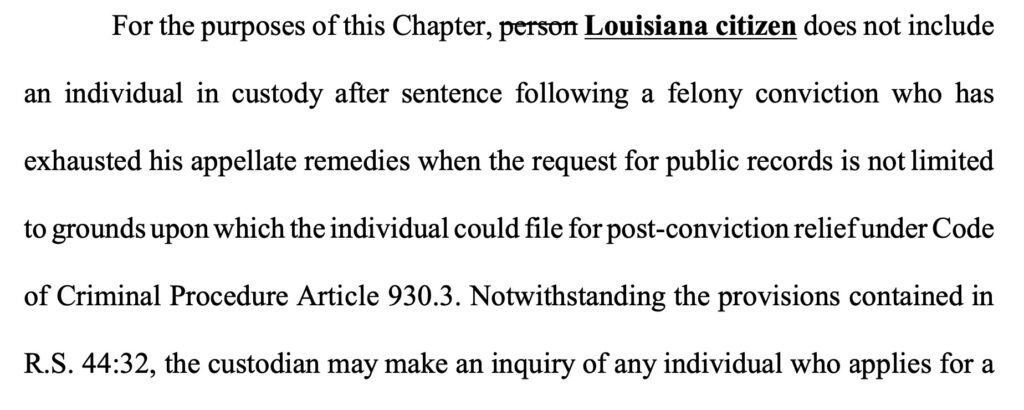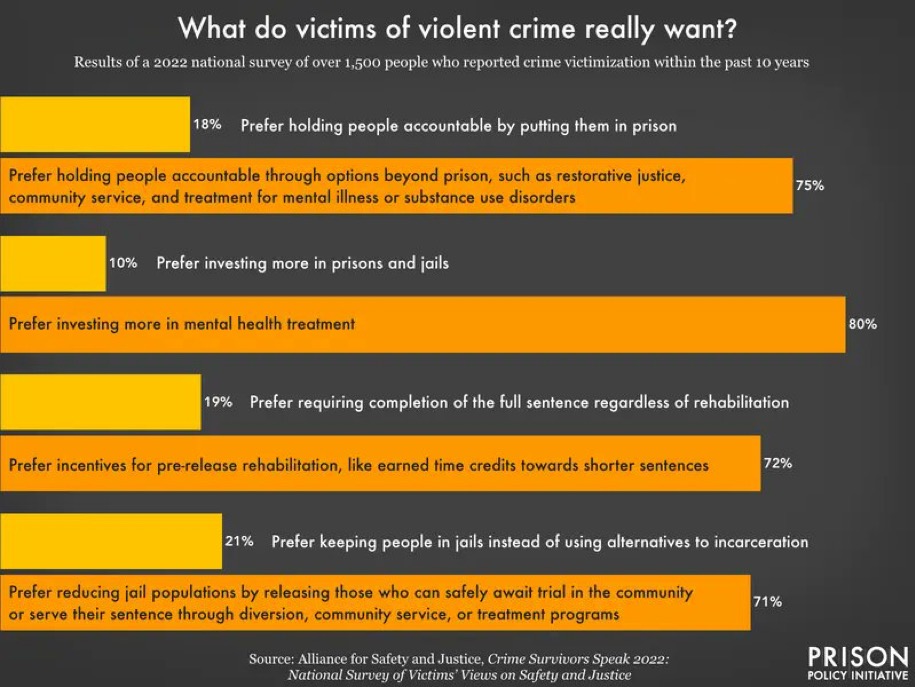Boy, is there a LOT going on! In the world of state AND federal politics, we have heated arguments and an attempted assassination and questions of whether it was staged or real….we have a former President assembling a group of followers and going to Arlington National Cemetery where he posed for a photo op after aides physically shoved a Park employee aside…do YOU have an opinion on that?
Also, in other areas, civil rights attorney Ben Crump speaks out on Democracy Now! after a judge dismisses counts against 2 officers in the Breonna Taylor case (a Black female EMT who was killed by police IN her home during a raid…a raid based upon a falsified police officer’s affidavit), saying that the victim’s boyfriend was responsible for her death because he produced a legally owned firearm and officers returned fire. Bear in mind that the warrant was falsified, it was in the wee hours of the morning, Breonna and her boyfriend were asleep, and the officers broke the doors down for entry. Hmmmmm….
FORMER President Trump has said that he would offer immunity to police officers if he is elected, when “Qualified Immunity” is one of the largest problems in policing, corrections and virtually every field where someone has power over another. This is another issue that divides us as a nation – those who oppose this are labelled as liberal and weak, and supporters of it are called radical and inhumane. Where does one draw the line? Where do YOU draw the line?
AND, the death penalty is back on the table and liberally in use around the country. The old arguments both for and against it are resurfacing, and the usual voices are raised in defense of their positions.
LAST NIGHT, August 29, 2024, at 6:15 pm, the State of Florida executed Loran Cole.
The Death Penalty in America: A System of Inequality

The System’s Inequities
The execution of Loran Cole in Florida highlights the ongoing debate surrounding capital punishment in the United States. While proponents argue that the death penalty serves as a deterrent to crime and provides justice for victims, critics contend that it is a cruel and unusual punishment that disproportionately affects marginalized populations.
The death penalty system in America is often criticized for its systemic biases, particularly against individuals from underprivileged backgrounds. Here are some key factors that contribute to this inequality:
- Racial Disparity: Studies consistently show that individuals from minority racial groups are more likely to be sentenced to death than their white counterparts, even when controlling for other factors. This racial bias can be attributed to systemic racism within the criminal justice system.
- Economic Inequality: Individuals from low-income backgrounds often have limited access to quality legal representation, which can significantly impact the outcome of their cases. This can lead to harsher sentences, including the death penalty.
- Mental Health Issues: Many individuals who are sentenced to death have underlying mental health conditions that may have contributed to their crimes. However, these conditions are often not adequately addressed, which can result in unfair trials and harsh sentences.
The Impact of Trauma and Neglect
The experiences of individuals from underprivileged backgrounds can often be marked by trauma and neglect, which can contribute to criminal behavior. If these individuals had access to mental health services, substance abuse treatment, and other support programs, it is possible that they could have been prevented from committing crimes.
For example, individuals who have experienced childhood abuse or neglect may be more likely to develop mental health problems, such as depression, anxiety, or substance abuse. These conditions can increase the risk of criminal behavior. By providing early intervention and support, it may be possible to address these underlying issues and reduce the likelihood of criminal activity.
The Need for Reform
The death penalty system in America is in need of significant reform to ensure that it is applied fairly and justly. This includes:
- Addressing systemic biases: The criminal justice system must take steps to address racial and economic disparities in death penalty cases.
- Improving access to legal representation: Individuals facing the death penalty should have access to high-quality legal representation, regardless of their income level.
- Addressing mental health issues: Individuals with mental health conditions should have access to adequate treatment and support.
- Exploring alternatives to the death penalty: Some states are considering alternatives to the death penalty, such as life without parole. The life is saved!
By addressing these issues, it may be possible to create a more just and equitable death penalty system that better serves the needs of all Americans.
BUT, what about Loran Cole, a White male?

Loran Cole, 57, received a lethal injection and was pronounced dead at 6:15 p.m. at Florida State Prison for the 1994 killing of an 18-year-old college student. Cole also was serving two life sentences for rape.
Cole did not have a last statement. “No sir,” he said when asked if he had some final words.
After the procedure began about 6 p.m. Cole briefly looked up at a witness in the front row. After three minutes, he began taking deep breaths, his cheeks puffing out. For a brief moment, his entire body trembled. Five minutes into the procedure, the warden shook him and shouted his name. Cole then appeared to stop breathing and then was declared dead.
Cole’s crime was horrific.
Cole and a friend, William Paul, befriended two college students in the Ocala National Forest, court records showed. After talking around a fire, the men offered to take the siblings to see a pond. While away from the campsite, Cole and Paul jumped the victims and robbed them, according to the records.
THUS, another life was taken…and, another life was surrendered.
Although it is widely known that I oppose the death penalty in ALL cases, this particular case is haunting. It is haunting in that the state of Florida was actually complicit in the heinous murder that landed Cole on death row. I say that because he was a surviving victim of the notorious Dozier School for Boys in Marianna, Florida.
Cole was an inmate at a state-run reform school where he and other boys were beaten and raped. The state has since apologized for the abuse and this year passed a law authorizing reparations for inmates at the now-shuttered reform school. The lawyers also argued Cole shouldn’t be executed because he was mentally ill and had brain damage and Parkinson’s disease.
Not that long ago, Florida Governor Ron DeSantis (R), signed legislation setting aside $20-million in compensation for surviving victims of Dozier.
“It’s been too long,” said state Sen. Darryl Rouson, the Democrat who sponsored the bill. “This is but a small token for a vast ocean of hurt, but it’s what we can do now.”
As he spoke, a group of about 20 victims stood in the Senate public gallery, one wiping tears from his eyes.
“Thank you for never giving up. Thank you for continuing to fight. Thank you telling the story and the stories of those who are not here and can’t speak. We salute your presence today,” Rouson continued.
What is striking about this is the fact that Cole survived the Dozier School, and the trauma he was exposed to, later led him to commit the crime for which he was put to death by Florida, the same state that allowed the Dozier facility to operate. Bodies are still being dug up there.
The mass grave that was discovered in 2017 on the grounds of the campus has been thoroughly excavated, and the remains of many of the missing boys have been identified. At least 75 separate remains were mingled in the mass grave. However, it is possible that there may be additional remains to be found. Given the history of the school and the number of boys who disappeared (hundreds), it’s unlikely that all of the missing have been accounted for.
If new evidence emerges or additional remains are discovered, authorities may need to reopen the investigation. But for now, the primary focus of the investigation has shifted to identifying the victims and bringing those responsible for the abuses to justice.
One might say that all of the survivors of Dozier were compensated. Some received a monetary reward. Some were killed by Florida.
Just 2 weeks ago, I did a long post on trauma and where it leads if not treated. It often leads to prison, and sometimes to death. For Loran Cole it led to his death, and the death of a promising young man in a college student. For now, Florida has failed.



